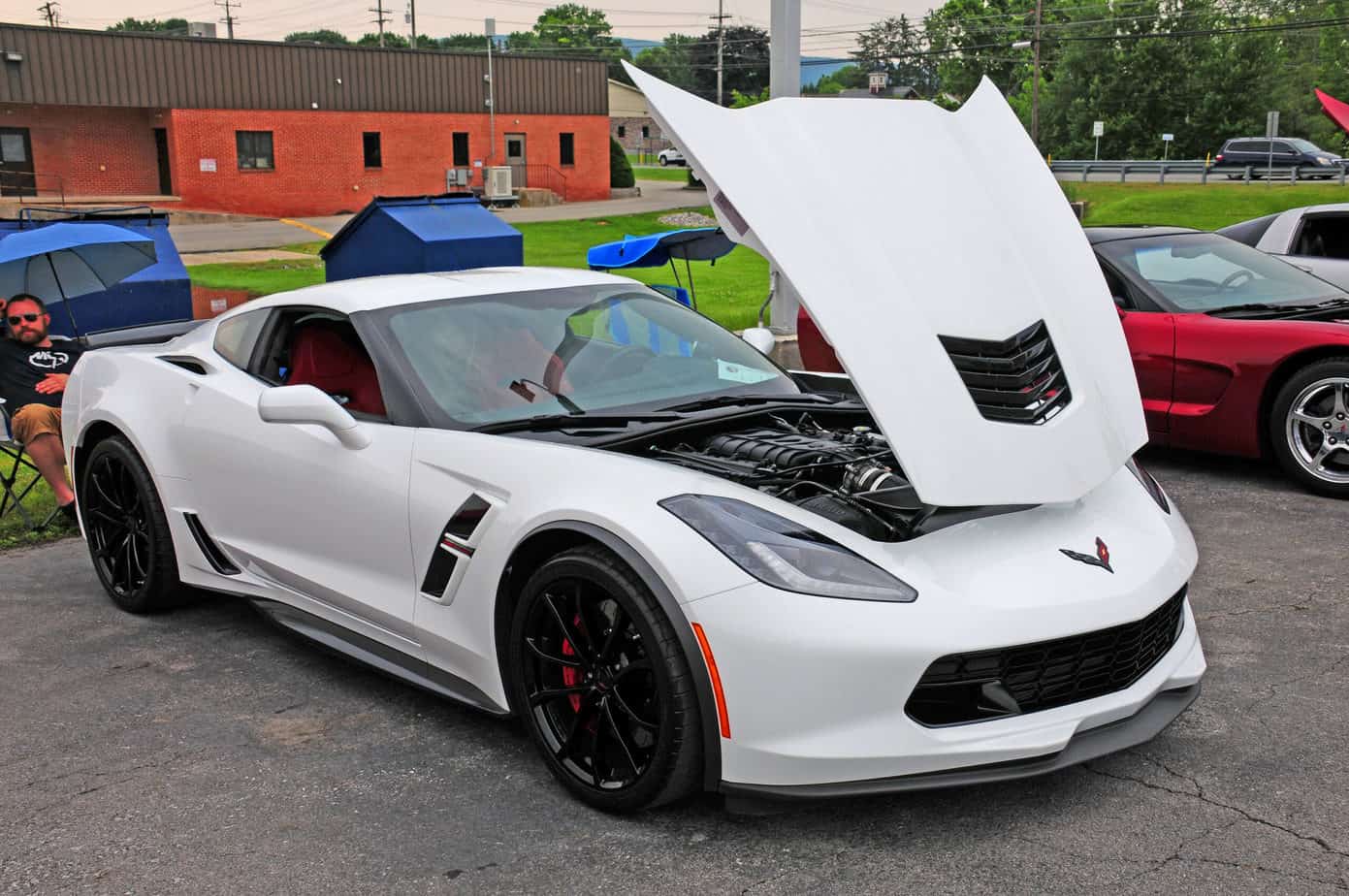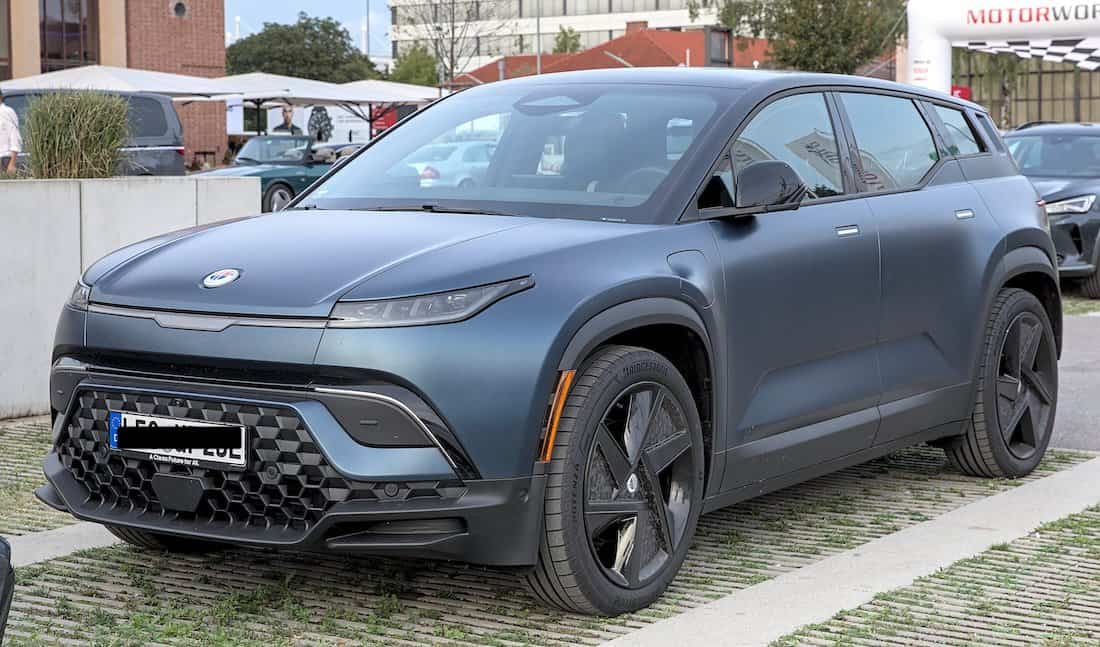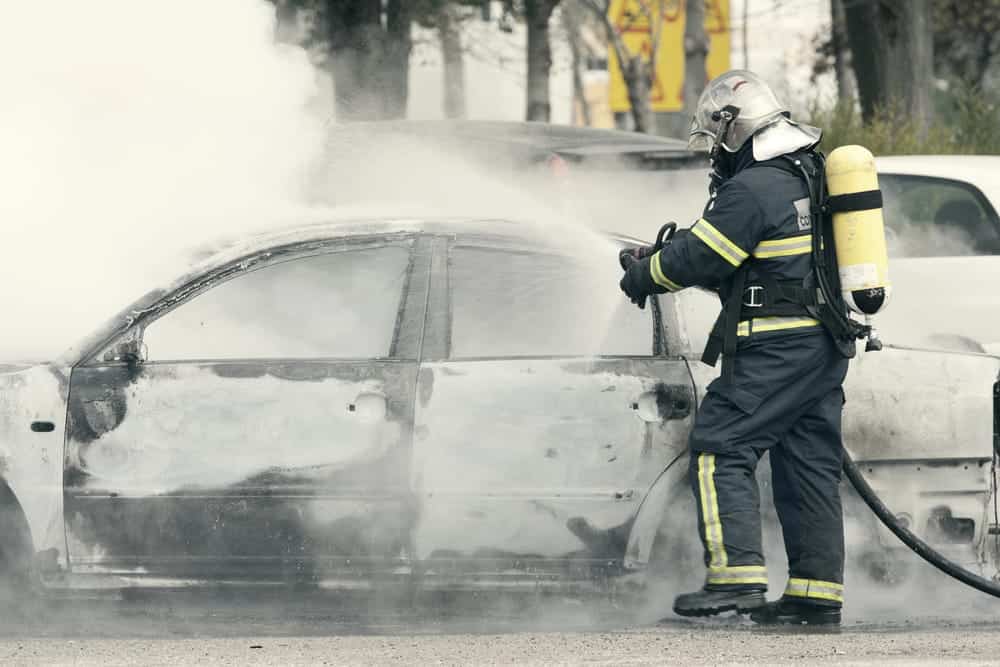Most people tend to buy a vehicle without thoroughly thinking through the process. Unfortunately, once they realize they’ve made an expensive mistake, it’s often too late.
In this blog post, you’ll learn about three legal things you should check before buying a car. Then, we’ll discuss how to avoid getting ripped off and make sure you’re protected against any potential pitfalls of purchasing a vehicle.
1. Buyer’s Order or Bill of Sale
This is the most important legal document you will sign when buying a vehicle. It legally binds the seller to sell you the car and buy it for the price stated in this agreement.
What to Expect When Inspecting a Buyer’s Order or Bill of Sale
The bill of sale should have the following information:
- The date and place where it was signed.
- Your name, address, phone number, and signature.
- Details about the vehicle you’re purchasing, such as the year, make, and model, along with its VIN or serial number.
In addition to this document, from the seller’s perspective, a buyer will need proof that they own what is being purchased before driving away in their new car.
This can be done by registering your ownership in your name, which may require an inspection for insurance purposes, depending on where you live. You’ll also want to check if there are any liens against his property, including those placed by creditors or other financial institutions who loaned him.
2. Vehicle Title Transfer
The title transfer is an official form that proves who owns the vehicle after completing the purchase. Both parties must sign this, so make sure there’s no confusion about the car’s ownership or any outstanding loan before signing anything.
What to Expect When Inspecting Vehicle Title Transfer
The title transfer should have the following information:
- Seller’s signature.
- Buyer’s name and address.
- Date of Transfer/Sale.
The document will also include details about the vehicle, including its make, model, and year, along with all relevant ownership history, such as previous owners or lien holders who may still hold a claim against it after the purchase has been completed.
This is why you’ll want to check for any liens before signing anything when buying a car from an individual seller rather than purchasing through your dealership. This way, there are no surprises at delivery time. You can request this form either in person or by mail if you don’t see it present during negotiations on price.
3. Insurance Certificate
After closing your buy with the seller’s order/bill of sale, do not leave until they hand over proof of insurance for the newly acquired vehicle. If something happens down the road (inspection failure), you’ll need documentation proving that the policy covered them.
What to Expect When Inspecting an Insurance Certificate
The insurance certificate should have the following information:
- Insurance company’s name and policy number.
- Vehicle make, year, model, and VIN or serial number.
Insurance companies will issue a stamp on their policies to show when it was last updated to determine whether that particular insurer still covers them (i.e., if you buy their car after their current policy has expired).
The buyer is responsible for switching this over to his name before driving away. This means asking for proof of coverage through an official document such as an insurance card rather than just accepting verbal confirmation about what type of plan he holds and its price range.
The bill of sale, vehicle title transfer, and insurance certificate are the three most important legal documents you will sign during a car purchase. However, check them carefully before signing anything to avoid unpleasant surprises down the road.
Related
Automobile Class Actions and Settlements



